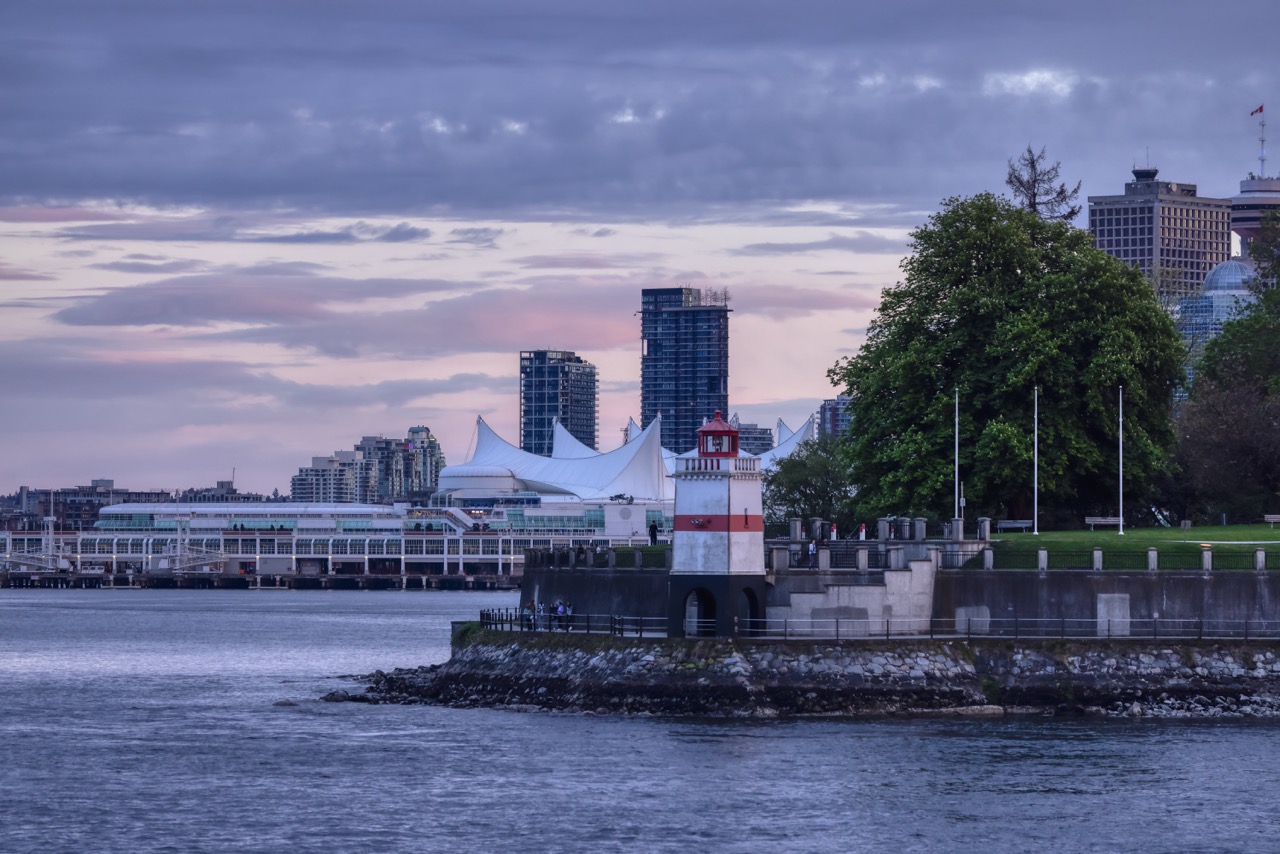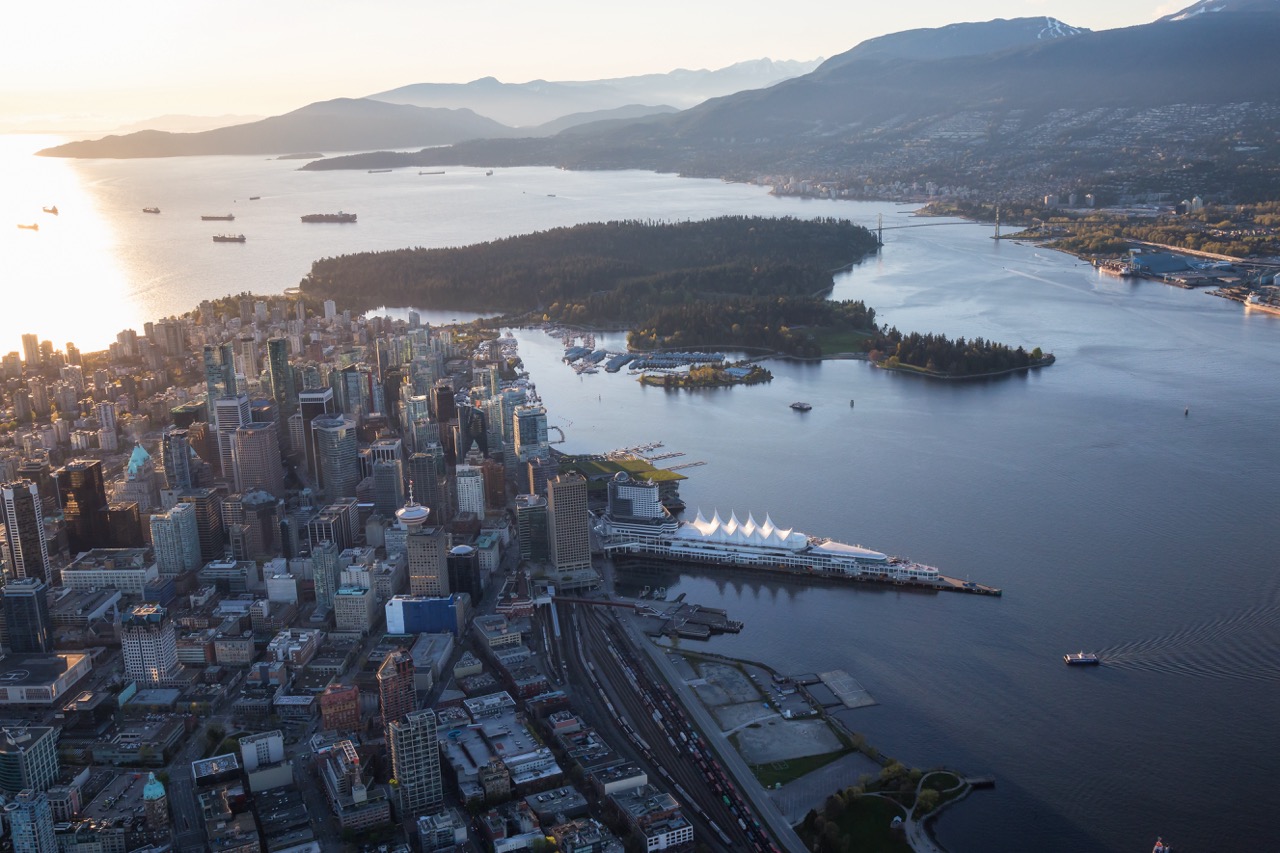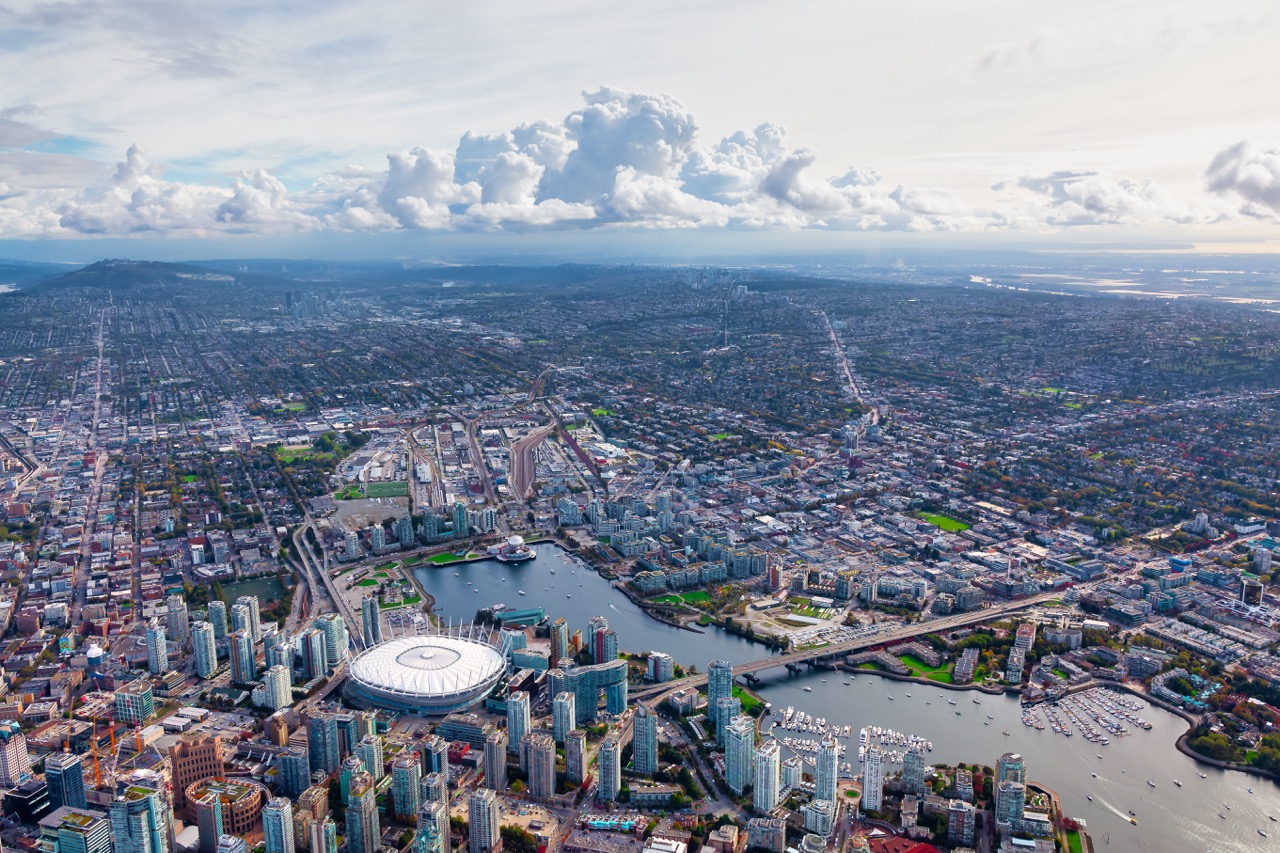The real estate market in British Columbia (BC) has always been a topic of considerable interest and debate. With a diverse landscape that includes urban centers, scenic coastal areas, and expansive rural regions, BC’s real estate trends reflect a complex mix of economic, social, and environmental factors. As we move through 2023, understanding the current dynamics of the market, the impact of interest rates, emerging neighborhoods, sustainability trends, technology’s role, and future projections is crucial for buyers, sellers, and investors alike.
The Current State of the BC Real Estate Market in 2023
As of 2023, the BC real estate market is experiencing a period of adjustment following the rapid price increases seen in prior years. Home prices in urban areas such as Vancouver and Victoria have stabilized, with many regions seeing slight declines, creating a more balanced market between buyers and sellers. The easing of prices has been a relief for many prospective homeowners, yet affordability remains a significant concern, particularly for first-time buyers who continue to face barriers in accessing the market.
The inventory levels have also shifted, with an increase in the number of listings compared to previous years. This rise in inventory has led to a more competitive landscape, allowing buyers to make more informed decisions rather than being pressured into quick purchases. However, the demand for real estate in BC remains strong, driven by the province’s robust economy and its appeal as a destination for both domestic and international buyers. Overall, the market is showing signs of stabilization, even as it grapples with ongoing affordability challenges.
Moreover, the rental market continues to exert pressure on the housing situation in BC. With rental rates climbing, many residents find themselves priced out of homeownership, leading to increased demand for rental properties. This trend is prompting developers to focus on building affordable housing solutions, intending to create a more inclusive community. As the province navigates these challenges, the trajectory of the real estate market remains a crucial aspect of BC’s broader economic health.
Impact of Interest Rates on Housing Affordability in BC
The recent fluctuations in interest rates have had a profound impact on housing affordability in British Columbia. With the Bank of Canada’s monetary policy responding to inflationary pressures, interest rates have risen, resulting in higher mortgage costs for potential homebuyers. This increase has led to a significant shift in affordability, forcing many to reconsider their purchasing power and options within the housing market.
As interest rates climb, many buyers are facing challenges in securing financing. The rising costs associated with home loans have made it increasingly difficult for young families and first-time buyers to enter the market. Consequently, many individuals are extending their timelines for purchasing a home or are opting for less expensive areas, which can further exacerbate regional disparities in housing access. The challenge lies in balancing the need for economic stability with the necessity of maintaining reasonable home prices.
Simultaneously, rising interest rates have also impacted the rental market. With potential buyers priced out of the market, many are turning to rentals, which, in turn, drives up rental demand and prices. This dynamic creates a cycle that complicates housing affordability across the province, indicating that while interest rates may stabilize the market in some respects, they also contribute to ongoing housing challenges for many residents in BC.
Emerging Neighborhoods: Where to Invest Right Now in BC
Even amidst fluctuating market conditions, several neighborhoods in British Columbia are emerging as hot spots for real estate investment. Areas such as Surrey, Langley, and Nanaimo are gaining attention due to their potential for growth and development. These regions offer a mix of affordability and accessibility, attracting both first-time buyers and investors seeking to capitalize on rising property values. The influx of families and young professionals into these neighborhoods is driving demand, making them ideal for investment.
Surrey, in particular, has seen significant development in recent years, with new infrastructure, schools, and amenities being established to support its growing population. This has made it a popular choice for those looking for a suburban lifestyle with easy access to urban conveniences. As the city continues to expand, property values are expected to rise, presenting a compelling case for investment in the area.
Nanaimo, located on Vancouver Island, is also attracting interest due to its natural beauty and burgeoning economy. The city has become a focal point for those seeking a more affordable lifestyle without sacrificing quality of living. As remote work becomes more prevalent, areas like Nanaimo are appealing to individuals looking to escape the high prices of larger urban centers. Investing in these emerging neighborhoods can yield significant returns as they continue to develop and attract new residents.
Sustainability Trends Shaping BC’s Real Estate Landscape
Sustainability is becoming an increasingly influential factor in British Columbia’s real estate market. As environmental concerns grow, developers and buyers alike are prioritizing eco-friendly building practices and sustainable living solutions. The demand for green buildings is rising, with buyers showing a willingness to pay a premium for properties that feature energy-efficient systems and sustainable materials. This trend aligns with the provincial government’s commitment to reducing carbon emissions and promoting environmentally responsible development.
Developers are responding to this demand by incorporating sustainable design principles into new projects. From energy-efficient appliances to sustainable landscaping, the focus on green building practices is reshaping the landscape of BC’s real estate. Furthermore, initiatives such as the BC Energy Step Code, which sets a standard for energy-efficient construction, are helping to guide builders toward more sustainable practices. This shift is not only beneficial for the environment but also creates long-term cost savings for homeowners.
In addition to new developments, the renovation market is also embracing sustainability. Homeowners are increasingly seeking to upgrade their existing properties with eco-friendly features, such as solar panels and sustainable materials. This trend is creating a ripple effect in the market, encouraging a cultural shift toward more sustainable living. As awareness of environmental issues continues to grow, the integration of sustainability into BC’s real estate landscape is likely to become even more pronounced.
The Role of Technology in BC’s Real Estate Transactions
Technology is revolutionizing the way real estate transactions are conducted in British Columbia. From virtual tours to blockchain technology, innovations are streamlining processes, enhancing transparency, and improving the overall experience for buyers, sellers, and agents. Real estate platforms that incorporate advanced technologies are becoming increasingly popular, allowing users to access valuable information about properties, neighborhoods, and market trends with ease.
One notable advancement is the rise of virtual reality (VR) and augmented reality (AR) tools, which enable prospective buyers to experience properties remotely. These technologies allow potential homeowners to conduct virtual walkthroughs, significantly reducing the time and resources spent on in-person visits. This shift has not only increased access for out-of-town buyers but has also allowed agents to reach a wider audience, facilitating quicker sales and more efficient transactions.
Additionally, the adoption of data analytics in real estate is providing valuable insights into market trends and buyer preferences. Real estate professionals are utilizing big data to make informed decisions about pricing, marketing strategies, and investment opportunities. As technology continues to evolve, its role in the BC real estate market will likely expand, offering new solutions to address ongoing challenges, enhance the buying and selling experience, and support sustainable growth in the sector.
Future Projections: What Lies Ahead for BC Real Estate
Looking ahead, the future of British Columbia’s real estate market appears to be shaped by a combination of ongoing economic factors, demographic shifts, and evolving consumer preferences. As interest rates stabilize, the market may see a return to growth, albeit at a more moderate pace than the dramatic increases seen in previous years. Analysts predict that while prices may not skyrocket, they will likely remain resilient, driven by continued demand in key urban areas.
The demographic landscape is also changing, with millennials and younger generations increasingly entering the housing market. This shift is expected to influence design trends, with a greater emphasis on sustainability, community amenities, and proximity to urban centers. Developers who recognize and adapt to these preferences will likely find opportunities for growth in their projects, catering to a new wave of buyers looking for modern, eco-friendly living options.
Finally, the ongoing emphasis on affordable housing will persist as a critical issue for BC’s real estate market. Policymakers and developers will need to collaborate to create solutions that address the needs of residents while fostering sustainable growth. As the province navigates these challenges and opportunities, the evolution of the real estate market will undoubtedly reflect the diverse needs and aspirations of its residents.
In conclusion, the real estate market in British Columbia is in a state of transformation as it responds to a myriad of factors, including interest rates, sustainability trends, technological advancements, and demographic shifts. With a clearer understanding of current conditions and future projections, stakeholders can make informed decisions. As BC adapts to changing times, the commitment to creating a more accessible, sustainable, and technologically advanced real estate landscape will be paramount for the province’s overall growth and prosperity.





